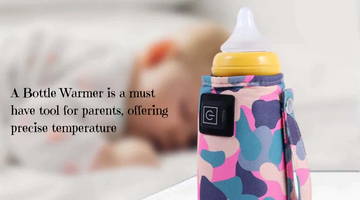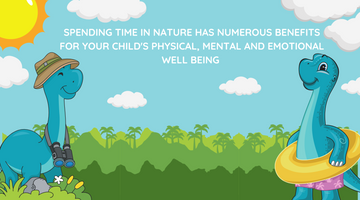Babies have the most sensitive skin and there is a very high possibility of them getting rashes and allergy really fast when it comes to some products that do not suit them or are not tried and tested earlier. When it comes to buying skincare products for your baby, it’s crucial to buy tried and tested items that are renowned for their quality and safety standards. After all, baby skin is delicate and prone to irritation and dryness. The outermost layer of a baby’s skin is 30% thinner than that of adults. Their skin is more permeable and has fewer elastic fibres than an adult’s. The baby’s skin allows more susbtsances to pass through easily and absorb ingredients from products that come directly in contact with their body. So, their extra fragile skin warrants special attention. You need to choose skin care products that are mild yet effective, and those that will protect your baby’s skin from environmental irritants such as dust and diapers.
Skin care for a newborn baby is a delicate matter. In the early months, your baby's immune system is still quite weak and sensitive — so you should use only the mildest cleansers, only the smallest bit of lotion.
Read also: How You Got Your Baby to Sleep Through the Night with Comfort
Your baby needs dye-free, fragrance-free baby skin care products. Here are a few tips before you start shopping for this new member of your family:
- Read labels carefully. Baby skin care products that contain dyes, fragrances and chemicals can irritate your baby's skin and affect his/her breathing.
- Natural baby skin care products are safe for most infants. But if you have allergies or asthma in your family, your newborn may also be sensitive to botanicals (plant-based products) or herbs used in some products.
- The label ‘hypoallergenic’ can be misleading. It means that the product is less likely to cause an allergic reaction, but doesn’t necessarily mean that the product will be gentler on your baby’s skin than other products.
- Look for products that are phthalate- and parabens-free. These chemicals are potentially harmful to babies.
Set up your baby's nursery with these baby skin care products:
- Baby soaps, washes/cleansers, and shampoos: Cleansers and washes are mild and safe for newborns. But keep the use of baby soaps to the minimum, as they can dry out newborn skin.
- Baby lotion: Helps moisturize newborn skin. But use very little amounts on your tiny newborn.
- Petroleum jelly: Can be used to treat diaper rash. It protects your baby's skin against any irritation caused by moist diapers.
- Diaper rash cream: Provides baby’s skin with a barrier against moisture--protecting newborn skin so that wet diapers don't irritate.
- Baby oil: This is best used as a massage oil for newborn skin, not as a moisturizer.
- Baby laundry detergent: Look for baby detergents that are free of perfumes and dyes. Regular detergents are too harsh for newborn skin. Wash your baby's clothing before it's worn. Wash baby clothes, bedding, and blankets separately from the family's laundry.
What You Need to Know Before Testing Out the Skincare Products on Your Baby
-
Don't use talcum or baby powder:
Talcum powder or baby powder can cause lung problems if inhaled, so avoid using it
-
Ph-scale:
PH levels are important because within a few weeks of birth, your baby's skin surface changes from close to pH neutral to a slightly acidic pH5.5.This slightly acidic film on the surface of your baby's skin is called the acid mantle. It acts as a barrier to protect your baby's skin. A skincare product that is close to the pH level of your baby's skin won't disturb this protective layer. The vast majority of skincare products do not give an exact pH level. The label may just say a product is pH neutral. As long as your baby's skin is healthy and not dry or flaky, a pH neutral product should be fine.Sometimes, the term mild or ultra-mild may also be used to suggest a product is close to the acidity of healthy skin. However, this does not guarantee the product is pH balanced or pH neutral.Conventional bar soaps and bubble baths are not right for your baby's skin because they tend to be alkaline. An alkaline substance will temporarily disturb the acid mantle of your baby's skin, and may irritate it.
-
Do a patch test:
Baby moisturisers and lotions tend to be mildly fragranced. You may want to do a patch test first before you use them more liberally, particularly if your baby's skin is dry. To do a patch test, apply some product to a small area of skin on your baby's arm or leg. Wait for 24 hours to see if your baby has a reaction. If your baby's skin reacts, it will become red, itchy, sore or flaky. If you see these signs, stop using the product immediately. Keep an eye on your baby's skin for a few days, because they may have a delayed reaction.






